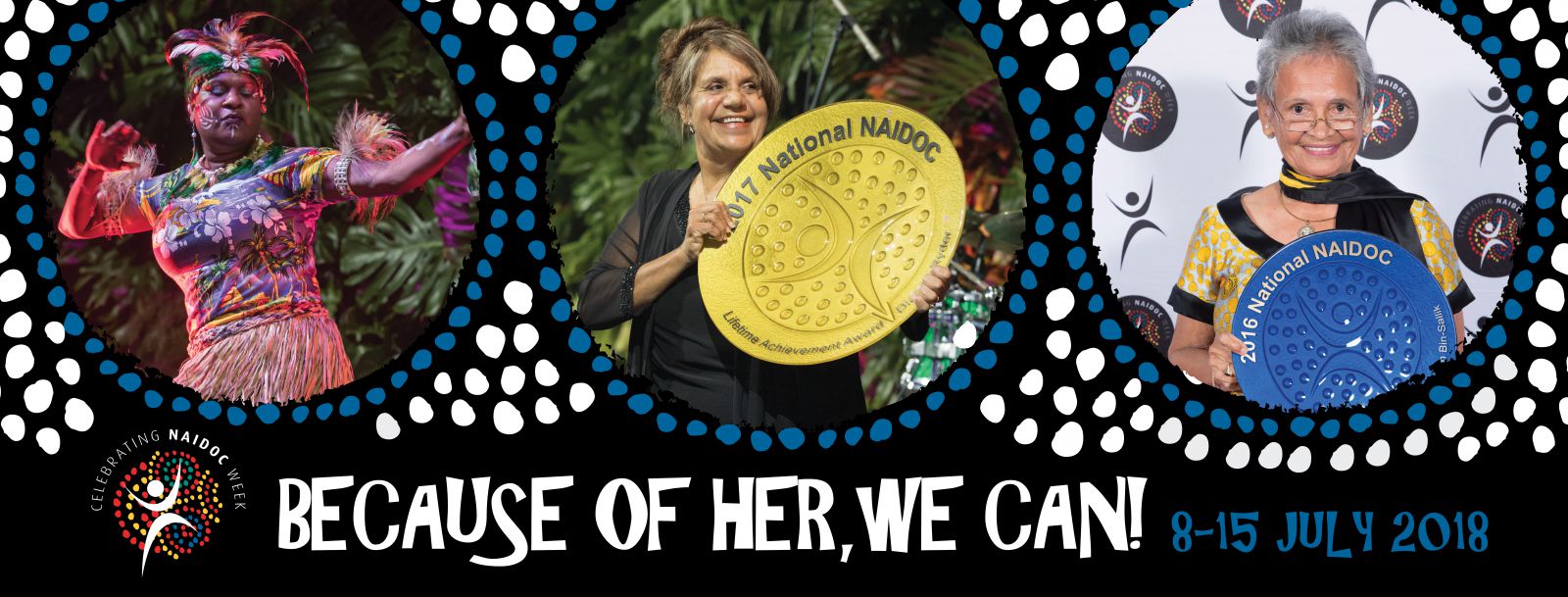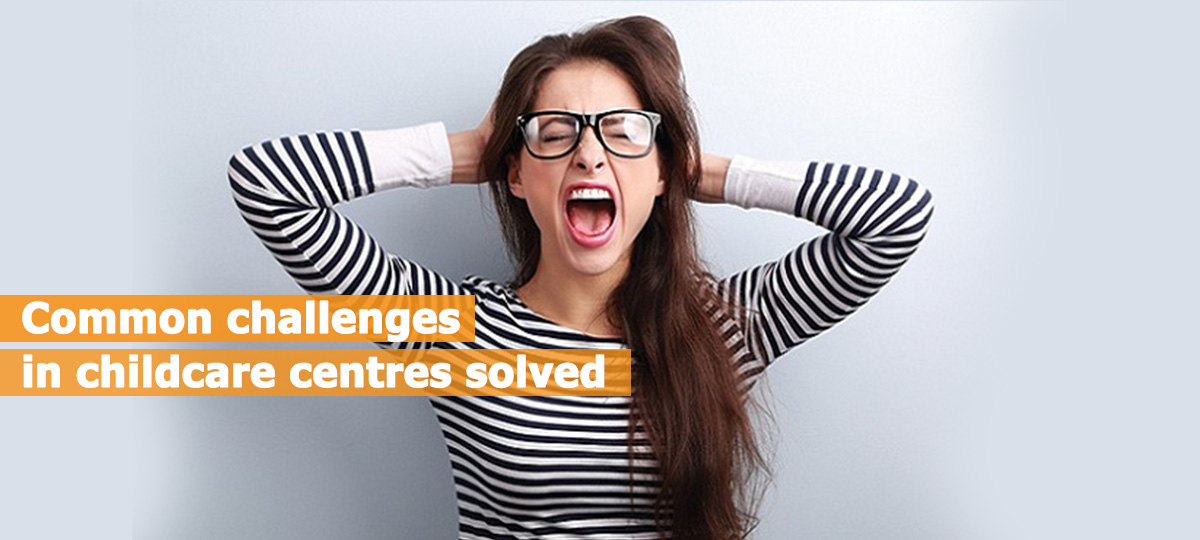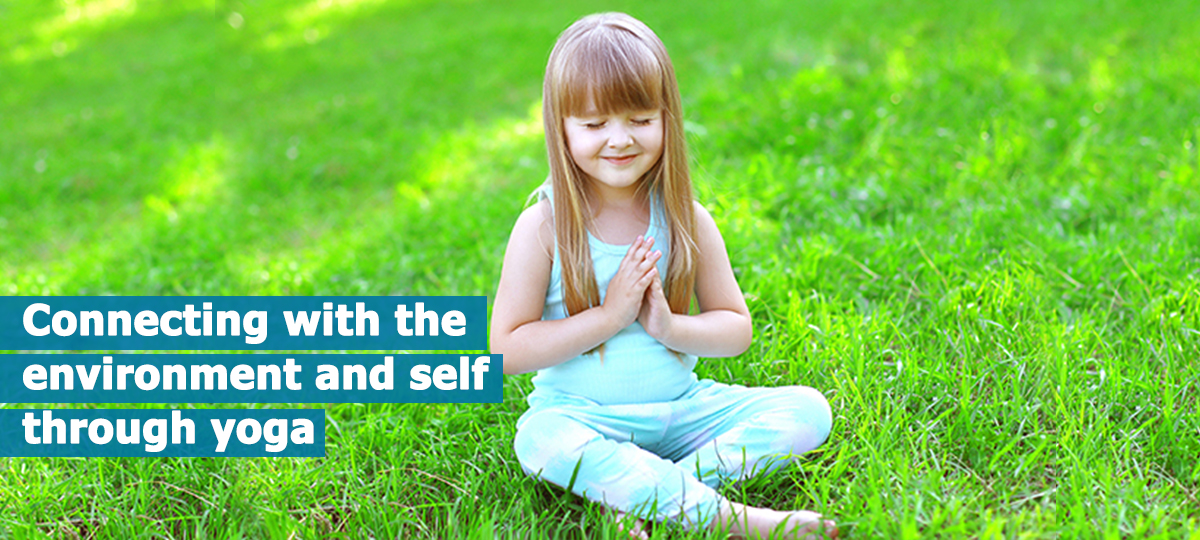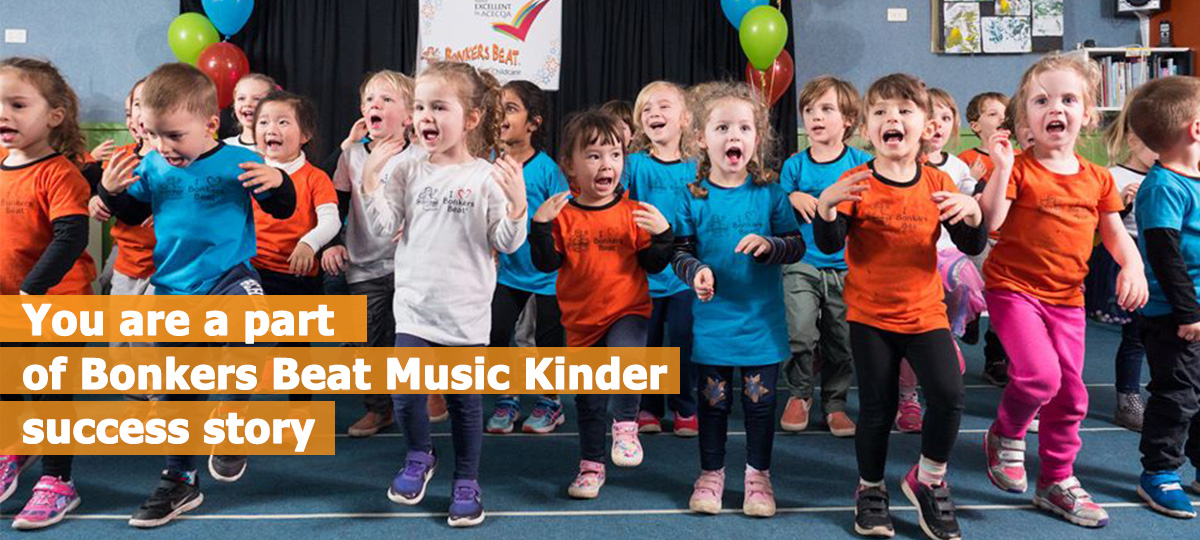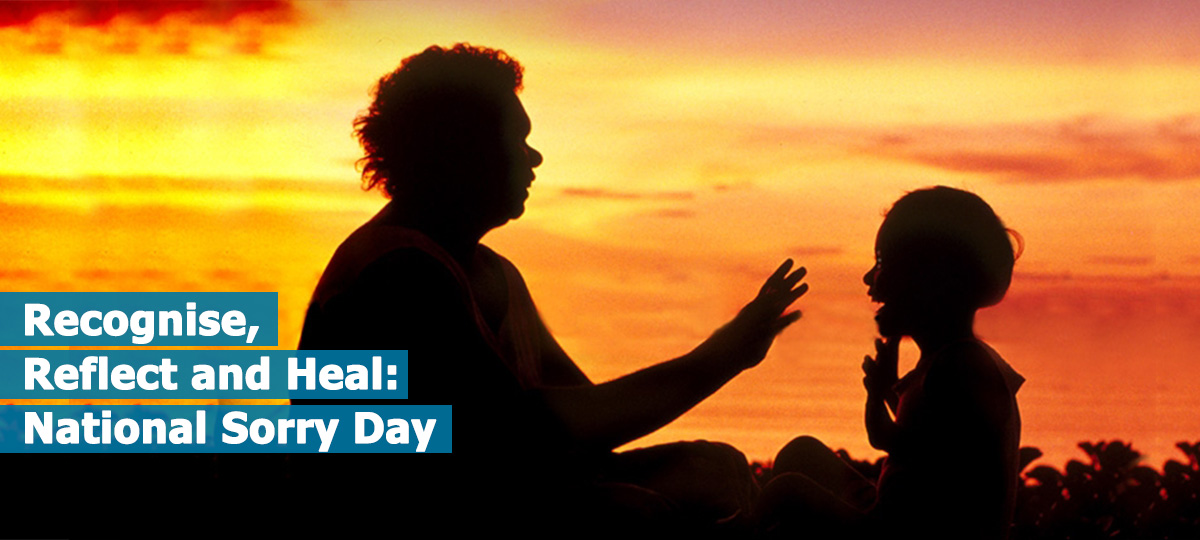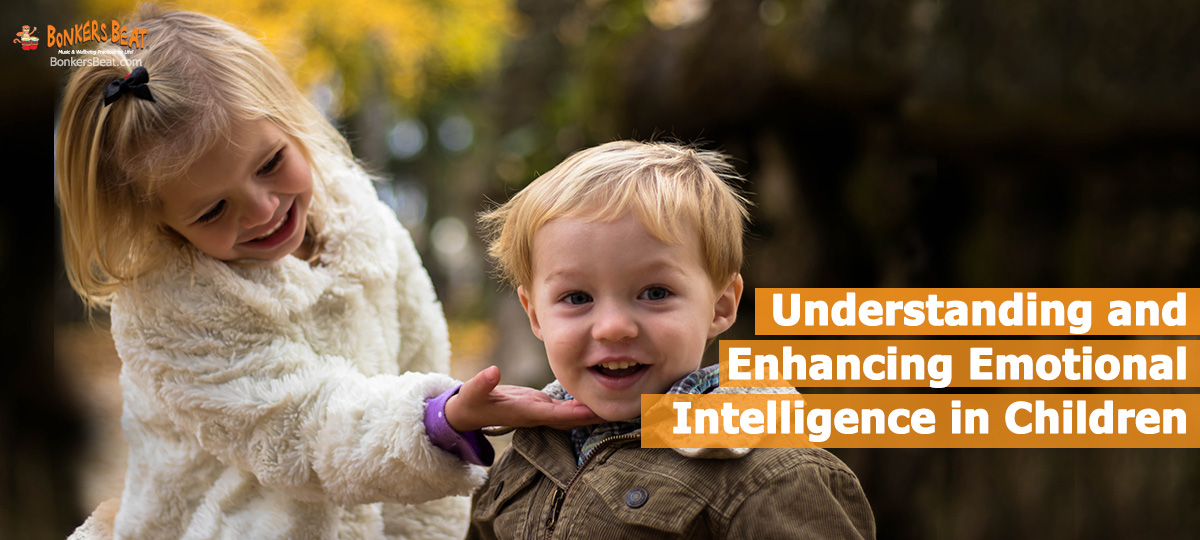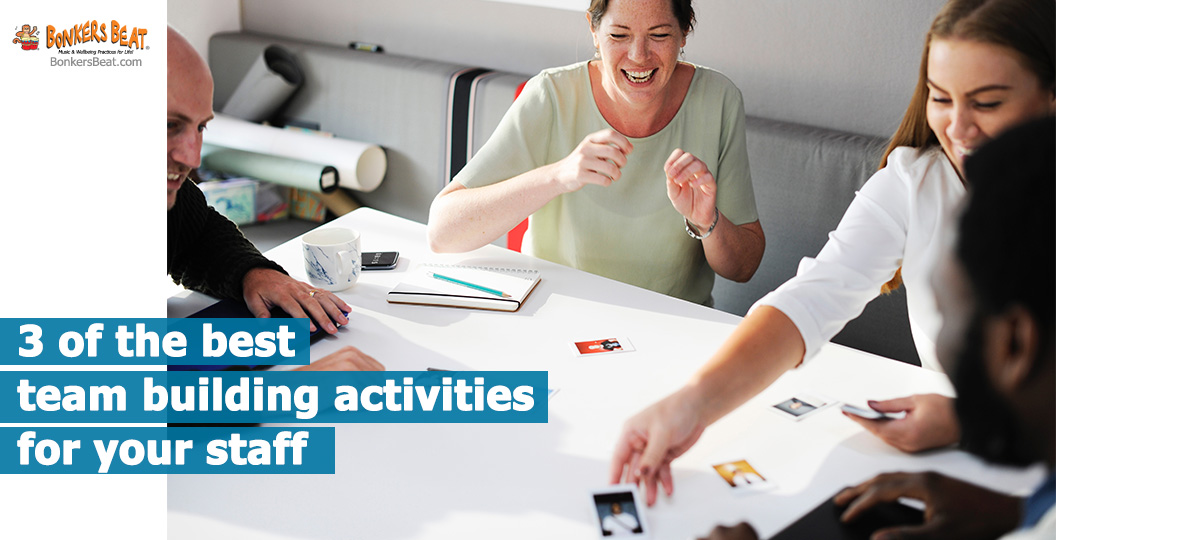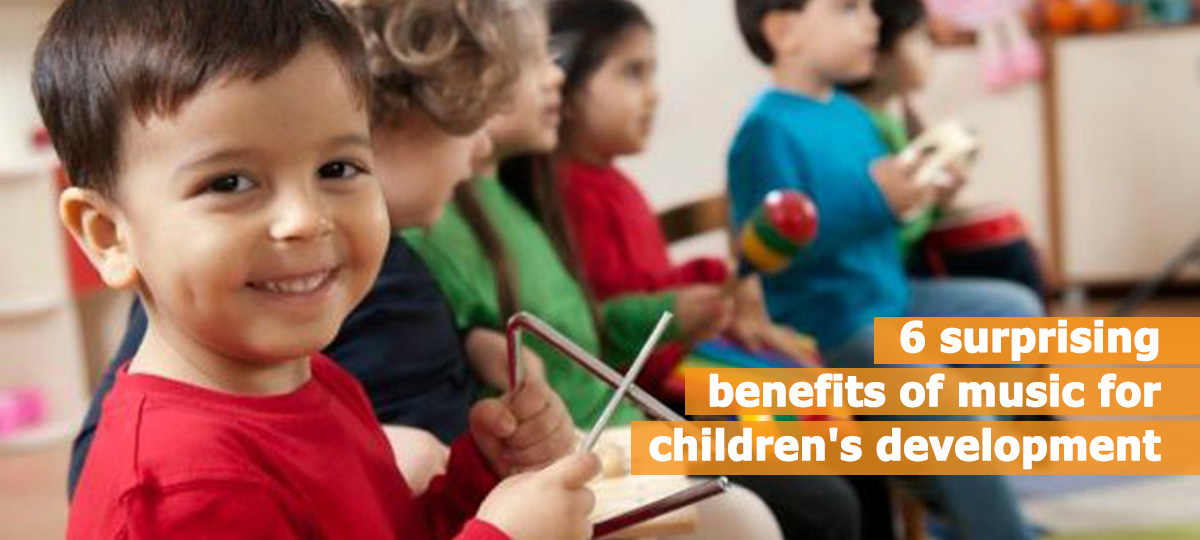NAIDOC Week will be held from July 8 through to July 15, with the 2018 theme ‘Because of Her, We Can!’. Each year we encourage centres to acknowledge NAIDOC Week and use it as a perfect opportunity to give children a complete understanding of Australia’s history and culture.
This year’s focus is on Aboriginal and Torres Strait Islander women – their roles in community and as strong, resilient and influential pillars of society. Throughout NAIDOC Week we can open up discussion about Aboriginal culture, what we know about it and how we celebrate it (and why we should!).
Three tips for incorporating the 2018 NAIDOC Week theme in your centre
There are many ways to take a general approach to NAIDOC Week, but if you want to focus on the theme ‘Because of Her, We Can!’, you might enjoy these ideas:
1. This resource from the NAIDOC website depicts Aboriginal women taking a stand and fighting against injustice. Show the image to children and ask what they see and discuss.
2. Read a book about Aboriginal culture as told by an Aboriginal woman. Welcome to Country, How the Birds Got Their Colours or The Shack that Dad Built are great options to consider!
3. Ask children about what a woman’s role is in their lives. Use this opportunity to break down any gender stereotypes, using examples of men and women doing a variety of jobs.
You may find some useful educational approaches here: http://www.naidoc.org.au/resources/teaching-guides
For a more general approach to celebrating Australia’s indigenous people, try these ideas:
- Draw the flag, paint the flag or even simply colour in printouts of the flag. Here’s one.
- Talk about how Aboriginal people were here long before anyone else and take note of which people occupied the land where your centre or home is. For example, Aspendale in Victoria was occupied by the Bunarong people from the Kulin Nation. Perhaps you can take a walk around the block and identify some Aboriginal street names.
- Aboriginal culture also has a distinct style of art, music and performance that children love. Share this with children by playing music, showing them a digeridoo, or doing their own dot paintings for example.
Enjoy celebrating NAIDOC Week with your children and remember – because of her, we can!
Image source: http://www.naidoc.org.au

